Southwestern's arts and sciences program has Transfer Majors and Transfer Pathways that are designed to prepare students for successful transfer to four-year colleges and universities. Students must complete general education requirements customary to most college disciplines. Most programs leading to a degree have a common core of courses a student may complete before declaring a major. Students in the arts and sciences program earn the Associate of Arts (AA) degree or the Associate of Science (AS) degree. Courses may be taken at the Creston campus, the Osceola Center, the Red Oak Center, or online.
Transfer Majors:
Transfer majors are designed for students pursuing Associate of Arts or Associate of Science degrees transferring to one of Iowa’s Regents institutions and certain Iowa private colleges. Transfer majors have specific required courses that students will need to complete as part of their AA or AS degree. Completion of the degree and transfer major is recorded on a student’s transcript:
- Agriculture Business
- Agriculture Education
- Agronomy
- Animal Science
- Biology
- Business
- Chemistry
- Criminal Justice
- Early Childhood Education (Teacher Licensure)
- Elementary Education
- English
- Exercise Science and Kinesiology
- Fine Arts
- History
- Mathematics
- Physics
- Psychology
- Secondary Education
- Sociology
For additional information related to transfer majors and participating regent institutions, visit the Iowa Department of Education website.
Transfer Pathways:
Transfer pathways are suggested course plans for students pursuing Associate of Arts or Associate of Science degrees to transfer to a 4-year college or university. Completion of the degree is recorded on a student's transcript.
- Communications
- Human and Family Services
- Pre-Dental Hygiene
- Pre-Engineering
- Pre-Medicine
- Pre-Physical Therapy
- Political Science
- Sports Management
- Wildlife Ecology/Conservation - Associate of Arts
- Wildlife Ecology/Conservation - Associate of Science
Available Degrees
 Associate of Arts Degree
Associate of Arts Degree
The Associate of Arts (AA) degree readies students for their junior year at the college/university level. This degree totals 64 credits of general education from the following areas–communication, humanities, math, science, social sciences, and electives. Students in this program are sometimes referred to as transfer or liberal arts students. As an Associate of Arts Degree student, your chosen major could include business, early childhood education, elementary education, English, history, psychology, secondary education, sociology, etc.
 Associate of Science Degree
Associate of Science Degree
Students interested in transferring for certain science- or math-related majors may benefit from earning the Associate of Science degree. This degree totals 64 credits of general education from the following academic areas–communication, humanities/social sciences, math, science, and electives–with an emphasis in math or science. As an Associate of Science student, your chosen major could include biology, chemistry, environmental science, physics, pre-dentistry, pre-engineering, pre-med, pre-physical therapy, pre-vet, etc.
Arts and Sciences Program Outcomes
Communications Outcomes
- Synthesize a variety of sources in order to produce logical conclusions.
- Articulate arguments through audience-appropriate oral presentation and writing.
Humanities Outcomes
- Articulate how systems of power or cultural groups affect both local and global communities.
- Analyze cultural artifacts to identify relationships among ideas, texts, artistic works and their cultural and historical contexts.
- Identify relevant terms and concepts in humanities disciplines.
Social Sciences Outcomes
- Analyze a variety of primary and secondary sources to evaluate their usefulness in regard to the social sciences.
- Apply knowledge of major concepts, models, and issues in the social sciences.
Math Outcomes
- Interpret and communicate mathematical knowledge and understanding within the context of the problem.
- Independently apply technology tools to graph, analyze, and solve functions.
- Apply the methods of mathematical, statistical, or analytical reasoning to critically evaluate data, solve problems, and effectively communicate findings.
Science Outcomes
- Utilize science-based, problem-solving skills to evaluate and communicate potential solutions to current issues.
- Apply the scientific methods to gain knowledge and examine the laws, theories and processes of physical and biological phenomenon.
